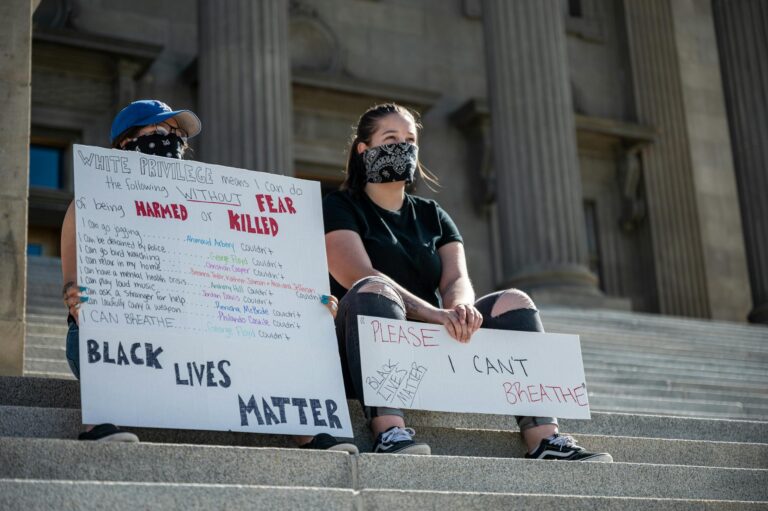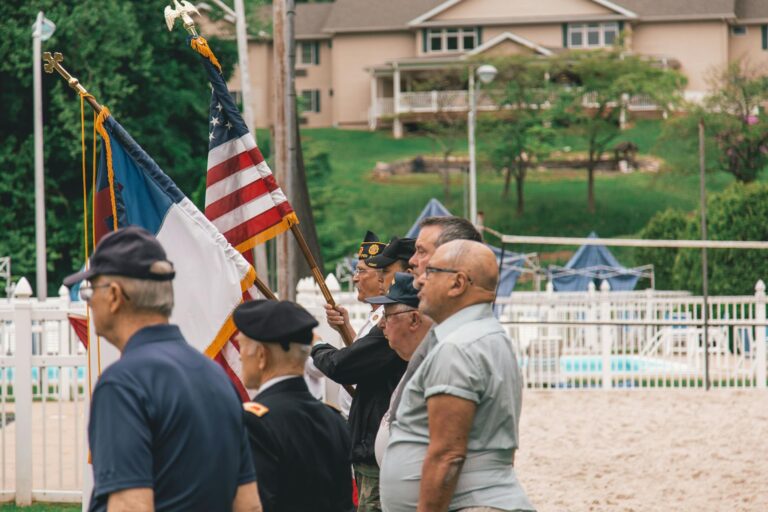**Collaborating with Community Resources for Dementia-Related Legal Assistance**
Living with dementia can be challenging, not just for the person affected but also for their loved ones. One of the most important steps in managing dementia is ensuring that the person’s legal rights and needs are protected. This often involves creating important legal documents and seeking help when needed. Here’s how you can collaborate with community resources to access legal assistance for dementia-related issues.
### Understanding Legal Documents
When someone has dementia, they may lose the ability to make their own decisions. This is where legal documents come in. **Powers of Attorney** are essential for granting someone the authority to make health care decisions and manage finances on behalf of the person with dementia. **Health Care Directives** outline the person’s wishes regarding medical treatment, ensuring that their preferences are respected. **Dementia Directives** are specific documents that address the unique needs of individuals with dementia.
### Accessing Free Legal Help
There are community resources available that offer free legal assistance specifically for dementia-related issues. For example, The Memory Hub in Washington State provides a **Dementia Legal Planning Clinic**. This clinic offers free one-hour appointments where you can get help with creating powers of attorney, health care directives, and other important documents. You can call (425) 780-5589 to schedule an appointment[1].
### Protecting Rights in Nursing Homes
If a loved one is in a nursing home, it’s crucial to know their rights. Washington State and federal regulations protect residents in long-term care facilities, including those with dementia. These regulations ensure that residents receive quality care and are free from abuse, neglect, and exploitation. If you suspect any form of abuse or neglect, you can file a complaint with the Department of Social and Health Services (DSHS). An elder abuse attorney can also help evaluate the situation, gather evidence, and determine the best course of action[2].
### Community Support Groups
While legal assistance is vital, community support groups can provide emotional support and practical advice. For instance, the Callahan Center in Framingham, Massachusetts, offers a **Low Vision Group** and **Coffee with Lisa & Cheryl**, which provide resources and information on social services available for seniors. These groups can help you navigate the complex system and find additional support[3].
### Working with Experienced Attorneys
Experienced attorneys specializing in elder law, such as those from the National Academy of Elder Law Attorneys (NAELA), are trained to handle the unique legal challenges associated with dementia. These attorneys can help you understand your rights, create necessary documents, and advocate on your behalf if needed[4].
### Conclusion
Managing dementia requires a comprehensive approach that includes legal planning, community support, and advocacy. By collaborating with community resources and seeking the help of experienced attorneys, you can ensure that your loved one’s rights are protected and their needs are met. Don’t hesitate to reach out for assistance; it’s a crucial step in providing the best possible care for someone with dementia.
If you have concerns about legal planning for a loved one with dementia, consider reaching out to local organizations or attorneys specializing in elder law. Together, you can create a plan that ensures their well-being and safety.





